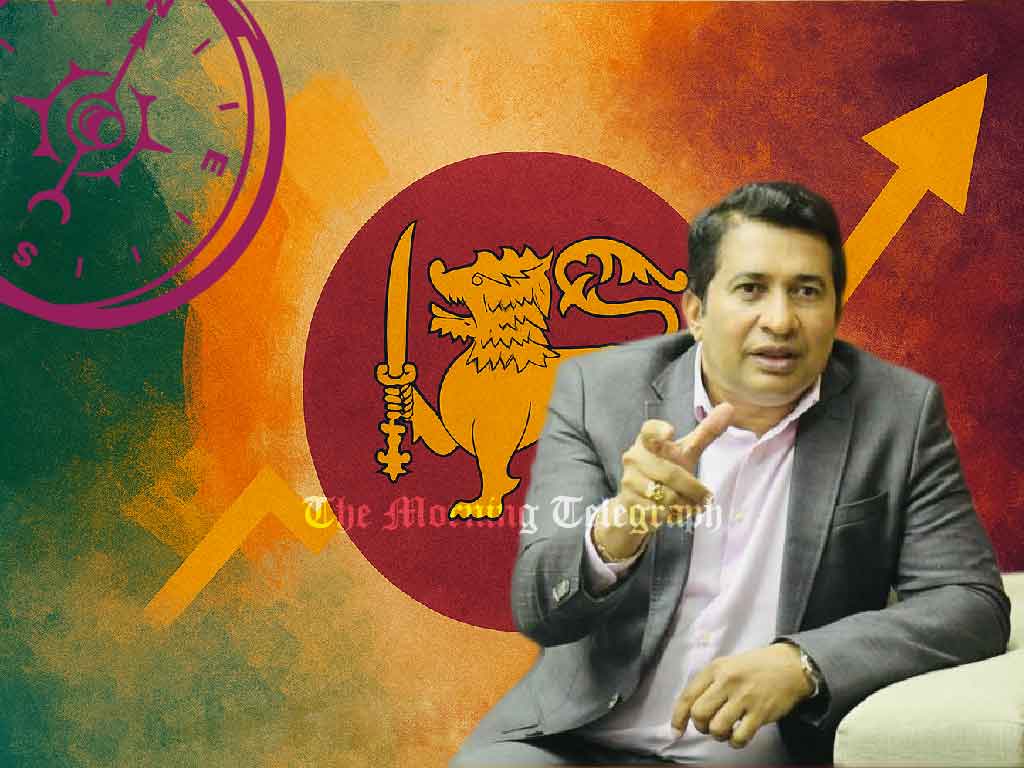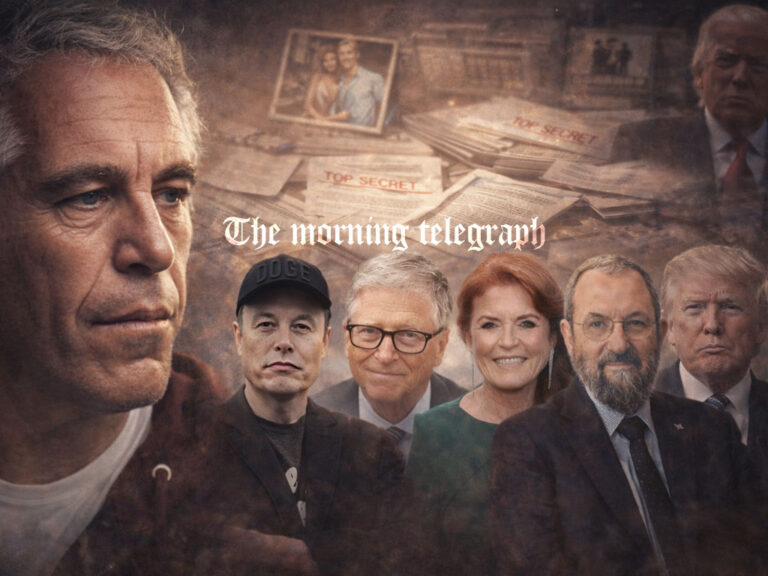
In a fiery statement that’s bound to fuel debate, former minister Roshan Ranasinghe has accused the National People’s Power (NPP) government of plunging the country into deeper debt within just five months of taking office. According to Ranasinghe, the administration has borrowed an eye-watering Rs. 6 trillion—raising questions not just about fiscal policy, but national accountability.
Speaking at a local government election rally, Ranasinghe didn’t mince words. “You can’t create wealth without work—without a job, without a business, without a field, without even a simple shop or a garden,” he said, addressing the crowd. “So where is this money coming from, and who will pay it back?”
Ranasinghe’s accusation comes at a time when the NPP leadership, under President Anura Kumara Dissanayake, is working hard to rebrand its economic image—pitching itself as the cleaner, more ethical alternative to traditional power blocs. But if Ranasinghe’s claims hold weight, that image may already be under financial strain.
Critics are calling it a case of mortgaging the country—literally and figuratively. Borrowing at this scale, they argue, risks putting future generations in economic chains for decisions made today. Supporters of the NPP, however, claim the funds are being used to repair a broken economy inherited from past regimes.
But the numbers alone have cast a long shadow. Rs. 6 trillion in five months—more than a trillion rupees per month—has triggered alarm bells across economic think tanks and political camps alike. Is this bold investment or reckless borrowing? Reform or ruin?
Then there’s the deeper concern: transparency. Ranasinghe has called on the government to come clean about where the money is going, who approved the borrowing, and what safeguards exist to ensure it’s not being siphoned off or wasted.
What began as a political jab has now evolved into a public conversation on debt, governance, and economic survival. And in a country still recovering from past fiscal mismanagement, the question isn’t just how much we’re borrowing—but who we’re becoming in the process.
So, the debate continues: Is the NPP building a foundation—or digging a hole? Either way, Rs. 6 trillion has left more than just an economic footprint—it’s left a political scar that could define the nation’s future.




